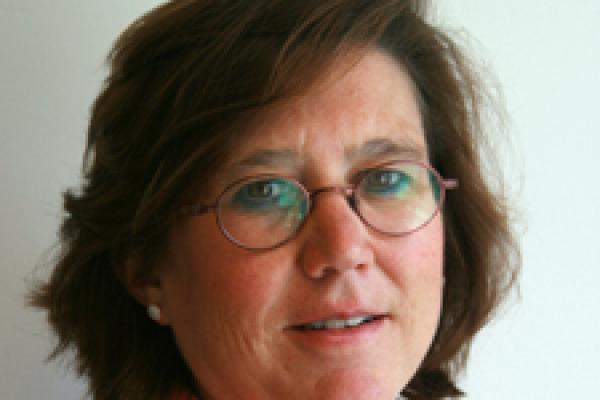
Abstract: The American Dream is in tatters. The metrics that I use to demonstrate this are distinct from those usually used to measure on inequality. I use well-being data to highlight inequality in beliefs, hope, and aspirations.
The high costs of being poor in the United States are more evident in stress, insecurity, and hopelessness than in material deprivation. Inadequate access to health insurance and stable employment play a role, but so do the increasing gaps between the lives of the rich and the poor. Such inequities lead to more inequality in the future, as individuals who do not believe in their futures are unlikely to invest in them. The markers are evident in income, education, and employment data; in differences in mortality, marriage, and incarceration rates; and in other signs of societal fragmentation.
This is a complex problem, and there are no magic bullets. My research – which includes matching our metrics of well-being and ill-being with the patterns in “deaths of despair” in the United States - highlights the important role of well-being metrics in identifying and monitoring trends in life satisfaction and hope, and in desperation and misery. I find, for example, remarkable levels of optimism among poor blacks but deep desperation (and rising pre-mature mortality rates) among poor whites.
I highlight policies – including experimental ones – in which hope is an important channel in determining and improving economic outcomes.
Presenter Biography: Carol Graham is the Leo Pasvolsky Senior Fellow at the Brookings Institution, College Park Professor at the University of Maryland, and senior scientist at Gallup. Her most recent books include Happiness for All? Unequal Lives and Hopes in Pursuit of the American Dream (Princeton, 2017); The Pursuit of Happiness: An Economy of Well-Being (Brookings, 2011; published in Chinese, Japanese, Korean, and paperback); Happiness around the World: The Paradox of Happy Peasants and Miserable Millionaires (Oxford, 2009; published in Chinese, Portuguese and paperback); and Happiness and Hardship: Opportunity and Insecurity in New Market Economies (with Stefano Pettinato, Brookings, 2002; published in Spanish). She is editor most recently of Paradox and Perceptions: Quality of Life in Latin America, with Eduardo Lora (Brookings, 2009); and Brookings Trade Forum 2004: Globalization, Poverty, and Inequality, with Susan Collins (Brookings, 2006).
Graham is the author of numerous articles in journals including Journal of Economic Behavior and Organization, Journal of Population Economics, World Bank Research Observer, Health Affairs, Health Economics, Journal of Socio-Economics, World Economics, Foreign Affairs, Journal of Development Studies, Journal of Benefit-Cost Analysis, World Development, and Journal of Happiness Studies. She has also authored numerous chapters in edited volumes, including New Palgrave Dictionary of Economics. She is senior editor of Behavioral Science and Policy, and associate editor at Journal of Economic Behavior and Organization and on the editorial boards of numerous other economic journals. She received a Pioneer Award from the Robert Wood Johnson Foundation in 2017 and a Lifetime Distinguished Scholar award from the International Society of Quality of Life Studies in 2018.
Graham served as vice president and director of governance studies at Brookings from 2002-04. She has also served as special advisor to the deputy managing director of the International Monetary Fund. She has testified in Congress several times and has appeared on NBC News, National Public Radio, Newshour with Jim Lehrer, and CNN among others. Graham has also written in The Wall Street Journal, The Christian Science Monitor, Financial Times and The Washington Post.
Her research has received support from the John D. and Catherine T. MacArthur Foundation, World Bank, and Tinker, Hewlett, and Templeton Foundations among others. Graham, born in Lima, Peru, has an A.B. from Princeton University, M.A. from The Johns Hopkins School of Advanced International Studies, and Ph.D. from Oxford University.
More details and registration for this event can be found here. Please note that registration is free, but required.
